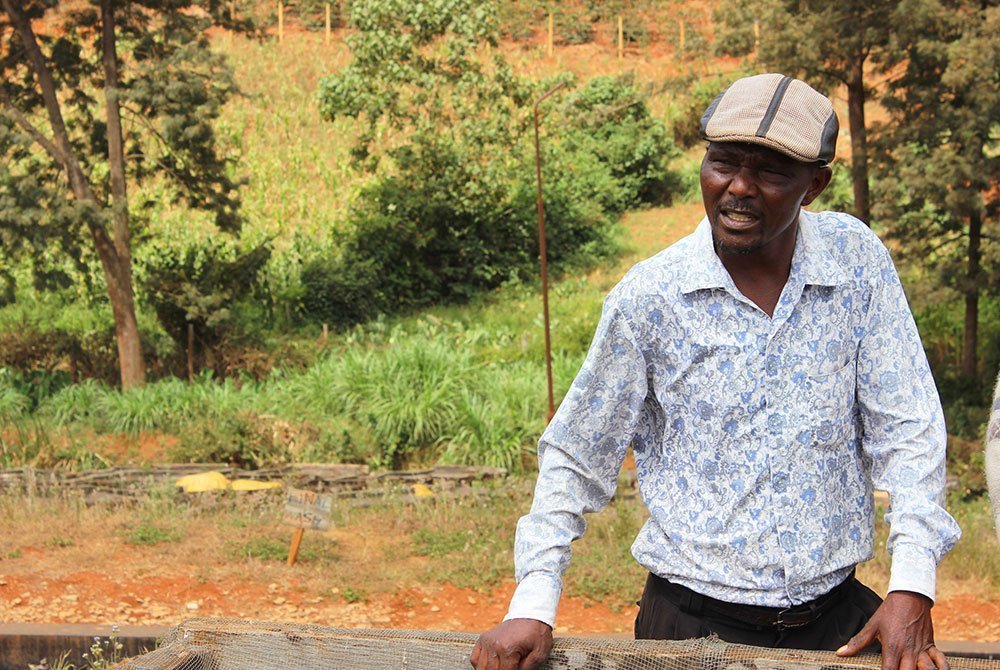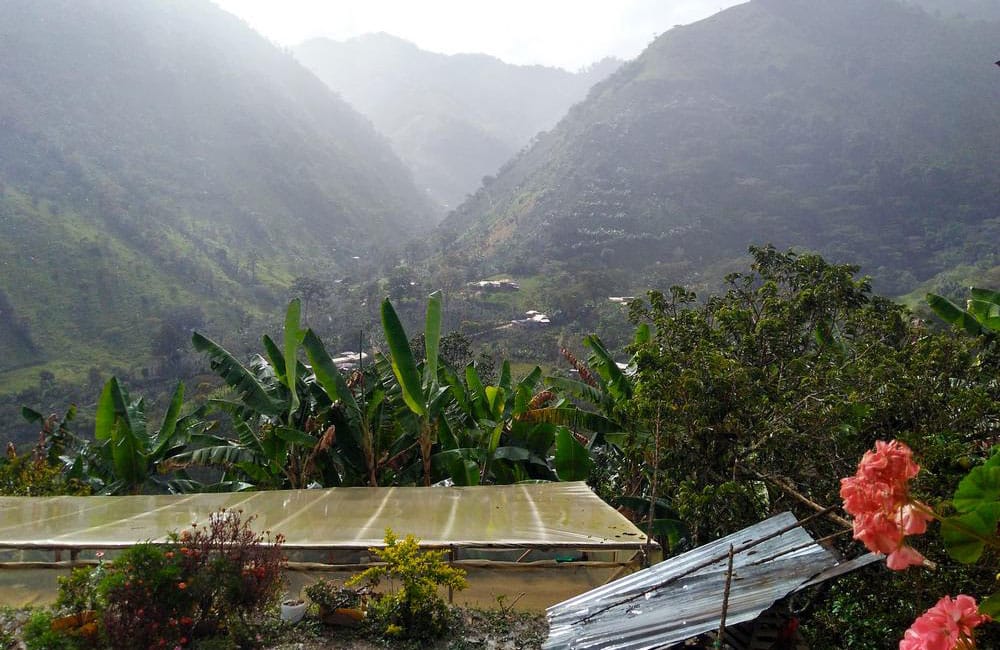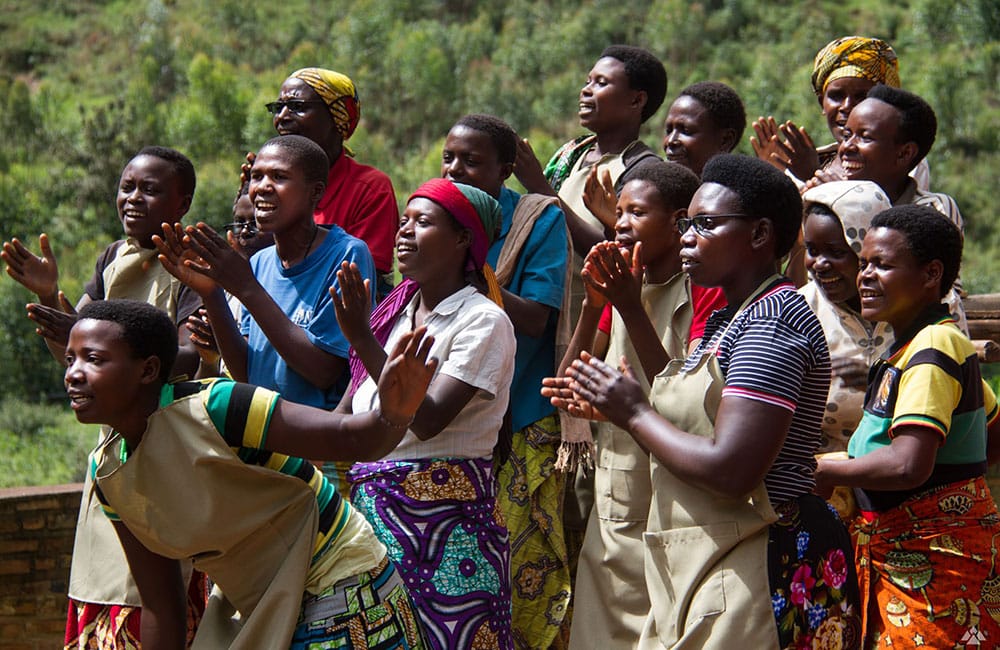Introduction to Kenyan Coffee
Kenyan coffee occupies a prominent place in the world of specialty coffee thanks to its vibrant sensory profile, bright acidity, and complex fruity nuances. Recognized for its exceptional quality, this coffee has won over palates around the world, becoming a must-have for baristas, roasters, and coffee lovers.
1. History of Coffee in Kenya

Kenyan coffee has a long and deep-rooted history
Although coffee was introduced to Kenya in the late 19th century by British settlers, its true boom began after the country's independence in 1963. The Kenyan coffee industry was structured in an exemplary manner, establishing cooperatives and an auction system that has significantly contributed to its international reputation.
The Coffee Research Institute (CRI) has played a crucial role in developing high-quality, resilient varieties, while the Nairobi Coffee Exchange (NCE) is responsible for regulating trade, ensuring the transparency and quality of exported coffee.
2. Main Coffee-Growing Regions of Kenya

Kenya is an ideal location for growing specialty coffee
Mount Kenya and Aberdare Range Region
Nyeri: Known for its bright acidity and blackcurrant notes.
Kirinyaga: Noted for its fruit complexity and balance.
Embu and Meru: Emerging regions with floral profiles and intense sweetness.
Western Region
Monte Elgon: Coffees with notes of red fruits and medium acidity.
Eastern Rift Valley: Characterized by spicier and fruitier profiles.
These regions, located between 1,400 and 2,000 meters above sea level, have nutrient-rich volcanic soils and an ideal climate for growing high-quality coffee.
3. Main Varieties of Kenyan Coffee

Hand-picking Kenyan specialty coffee
SL28 and SL34: Iconic varieties for their vibrant acidity and notes of forest fruits.
Ruiru 11 and Batian: Varieties more resistant to diseases, with sweet and balanced profiles.
Other varieties: K7, French Bourbon, and Peaberry, known for its concentrated flavor.
These varieties provide a diversity of sensory profiles that make Kenyan coffee a unique experience with every cup.
4. Coffee Growing and Processing Methods in Kenya
 Coffee washing station in Kenya
Coffee washing station in Kenya
Crop
It is predominantly grown on small family farms, organized into cooperatives that manage processing and marketing.
Prosecution
Washed method: Highlights acidity and clarity of flavors.
Dry fermentation: Intensifies fruity nuances.
Naturally processed: Less common, but growing for specialty batches.
Double fermentation: Provides complexity and spicy notes.
5. Kenyan Coffee Harvest Season

Specialty coffee harvest season in Kenya
The main harvest takes place between October and December , with a second, smaller harvest from May to July . Climate variations influence the final quality of the grain, with dry periods being particularly effective in concentrating the sugars more effectively in the cherries.
6. Main Producers, Cooperatives and Washing Stations

Small-scale specialty coffee producers in Kenya
Featured Cooperatives: Kianderi, Kangunu, Mutira Farmers' Cooperative Society.
Famous car wash stations: Gatomboya, Ndaroini, Karimikui.
Nairobi Coffee Exchange: Key platform for marketing high-quality coffee.
Kenyan Coffee Flavor Profile

Freshly picked Kenyan coffee
Kenyan coffee is known for its:
Bright acidity: Similar to citrus fruits or red wine.
Fruity notes: Blackcurrant, red berries, grapes, citrus.
Body: Medium to full, with a juicy and persistent texture.
Aroma: Floral, spicy and complex.
8. Interesting facts about Kenyan coffee
Why is Kenyan AA coffee so highly valued? Because of its bean size and intense flavor.
The auction system: Key to maintaining high quality standards.
Traditional uses: It is also used in folk medicine and as a natural insect repellent.
Frequently Asked Questions:
What's the best coffee in Kenya? It depends on personal taste, but Nyeri and Kirinyaga are highly regarded.
Why is Kenyan coffee so expensive? Because of its quality, the auction system, and international demand.
9. Economic Impact of Coffee in Kenya

Specialty coffee processing station in Kenya
Coffee represents an important part of the Kenyan economy:
Job creation: More than 6 million people depend on coffee.
Exports: Third most exported product in the country.
Challenges: Climate change, price fluctuations and sustainability.
Conclusion: The Legacy of Kenyan Coffee in the World of Specialty Coffee
Kenyan coffee is not only a product of exceptional quality, but also a reflection of the history, culture, and passion of its producers. Its legacy in the world of specialty coffee is marked by its unmistakable flavor and its contribution to Kenya's economy and identity. Each cup tells a story of tradition, innovation, and dedication to the art of coffee.









